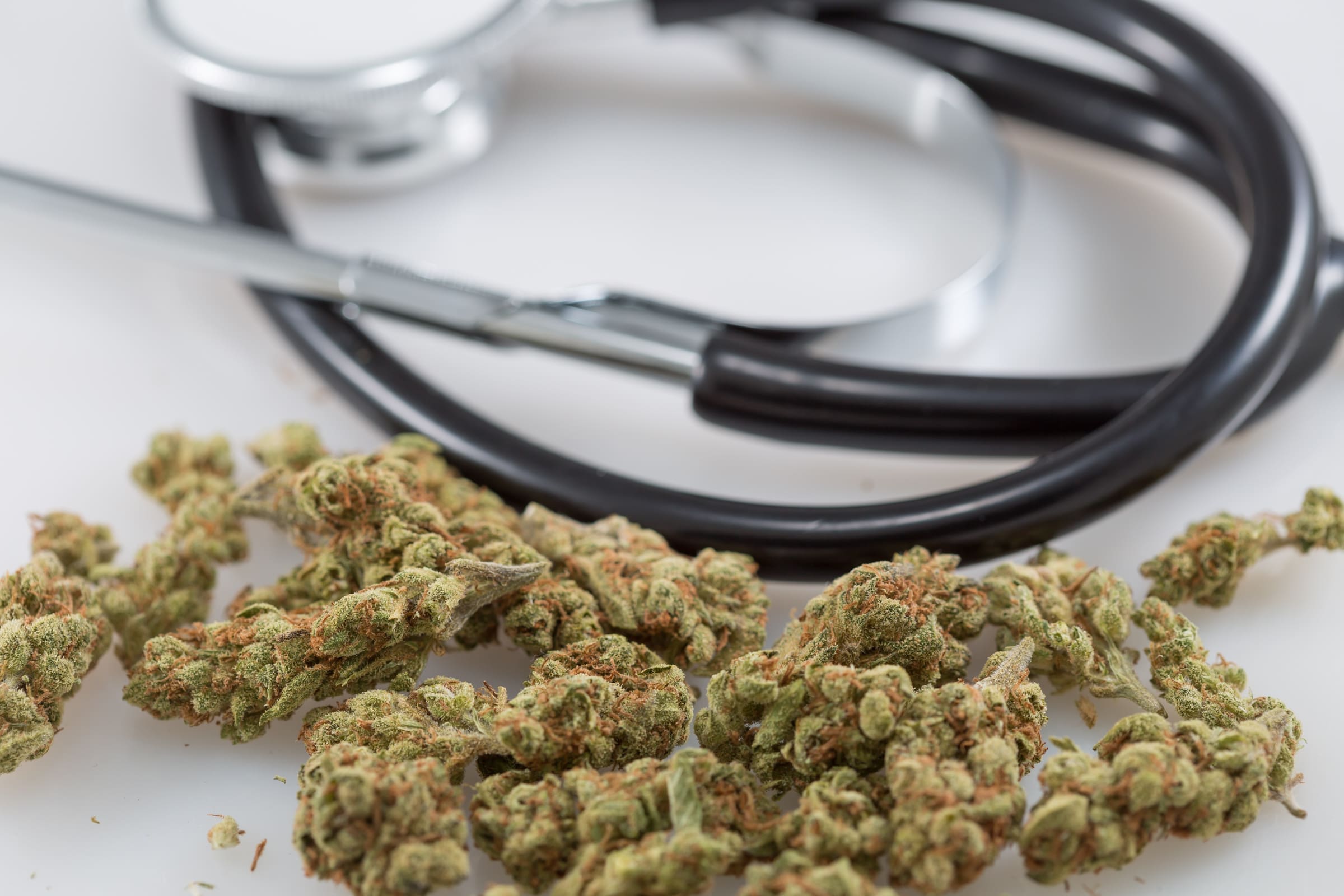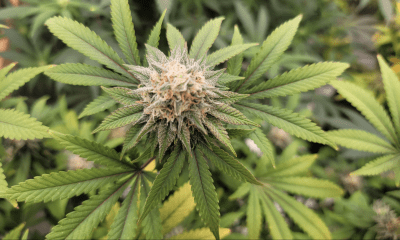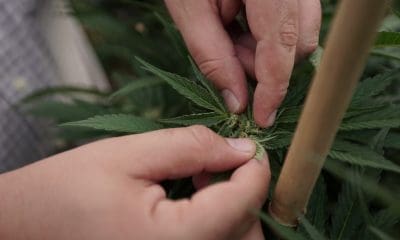Politics
Physician Advocacy Group Adopts New Name To Reflect Growing Focus On ‘Drug Policy Issues Beyond Cannabis’

The physician advocacy group long known as Doctors for Cannabis Regulation (DFCR) has rebranded itself to reflect a growing focus on “a wider range of drug policy issues beyond cannabis,” including psychedelics and broader harm reduction matters.
Its new name is Doctors for Drug Policy Reform (D4DPR), leaders announced on Monday—a change members didn’t take lightly. While individual doctors affiliated with DFCR have long been active on other drug-reform issues, the group as a whole has constrained itself almost exclusively to marijuana.
“As an organization we have been very careful to stay to our mission,” Byron Adinoff, the group’s board president, told Marijuana Moment in an interview ahead of the public announcement. “I think if you look through things that we’ve signed on, and testimony we’ve given in the name of DFCR, we have been very careful to stay specific to cannabis.”
“This is not just a name change,” he continued. “It is truly a broadening and expansion of the things that, as an organization, we will be speaking on and providing testimony and educating.”
In a press release, the group described its expanded mission as “centered around maximizing health and wellness, harm reduction, cannabis and psychedelics,” reflecting principles such as supporting research into and evaluation of drug policies, promoting evidence-based intervention and treatment, endorsing education and prevention efforts and repairing drug-war harms, especially to marginalized communities.
🌟 Exciting News Alert! 🌟
Say hello to Doctors for Drug Policy Reform (D4DPR)!
Help us spread the word: like and share this post, and tag a friend below who should hear this announcement!
Discover more on our new website at: https://t.co/CYwiKDBnX1#drugreform #publichealth pic.twitter.com/IJ66pRb4AW— D4DPR — Doctors For Drug Policy Reform (@DFCRorg) October 2, 2023
As for psychedelics, D4DPR said that board member and lawyer Adriana Kertzer, who is also the founder and principal of Plant Medicine Law Group, will “draw on her network to identify new board members and new committees.”
Under the broader mission, Adinoff said that it’s possible members will disagree on what the group’s top priority is. And that’s OK, he argued, calling it “a very nuanced discussion” that will require leadership to consider political circumstances, public interest and the situation on the ground.
The slightly fuzzier focus is captured in the shift from “regulation” to “reform” in the organization’s name.
“That’s really been the issue in terms of broadening our scope, is that question: Are we talking about legalizing all drugs, decriminalizing all drugs, just reducing penalties? It’s a very nuanced discussion,” Adinoff said. “We’re not taking a stand just right off the bat with this.”
The group hopes its broader mission will also better enable it to participate in more international drug policy discussions.
“We would really like to turn this into a more global organization,” Adinoff said. While recent decades have seen much of the United States and Europe establish medical marijuana programs, he pointed out that represents less than a fifth of people on the planet.
“We’re leaving off 80 percent of the world’s population, much of which lives under far more draconian drug laws,” he said. While those laws were inspired by the U.S., “they’ve remained draconian in much of the world, and I would certainly like to lead the charge on that from the physician/medical-provider perspective.”
In all, Adinoff explained, “our broader mission will just be in harm reduction, maximizing health and wellness. It’ll be attacking and addressing the drug war and drug prohibition in general.”
“In a way that is our top priority,” he said, “and everything else feeds into that.”
Currently, D4DPR is spearheading a campaign for a universal label on marijuana products that the group has said is about “communicating a simple public health message,” which is: “caution with cannabis.”
David Nathan, the group’s founder and president, recently criticized New York regulators in an op-ed for Marijuana Moment after the state moved forward with a more complex, individualized label for cannabis products despite being encouraged to follow the lead of other states and adopt the universal symbol.
The universal caution symbol, which was developed in partnership with the standards organization ASTM International, has support from Americans for Safe Access (ASA), American Trade Association for Cannabis and Hemp (ATACH), Cannabis Regulators of Color Coalition (CRCC), Council for Federal Cannabis Regulation (CFCR), Drug Policy Alliance (DPA), Global Alliance for Cannabis Commerce (GACC), Marijuana Policy Project (MPP), Minorities for Medical Marijuana (M4MM), National Cannabis Industry Association (NCIA), NORML, Parabola Center for Law and Policy, Students for Sensible Drug Policy (SSDP) and others.
Michigan Removes Pre-Employment Marijuana Testing For Most Government Employees
















